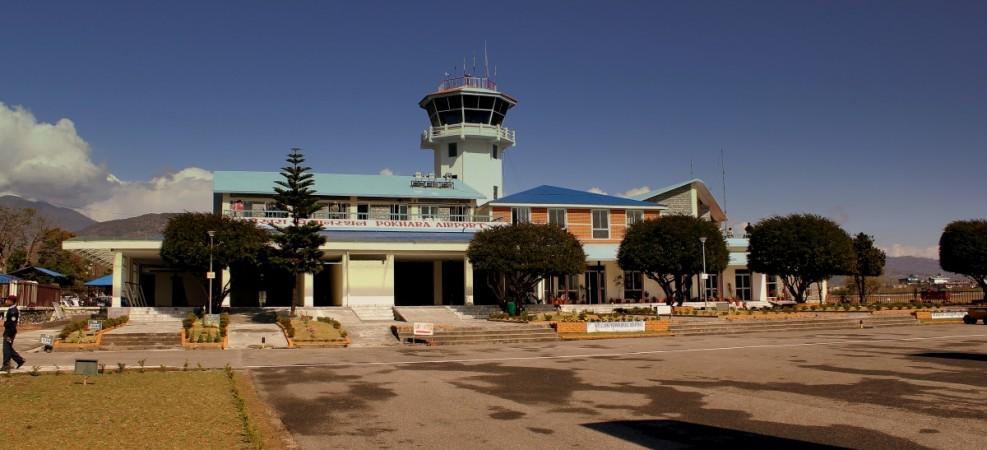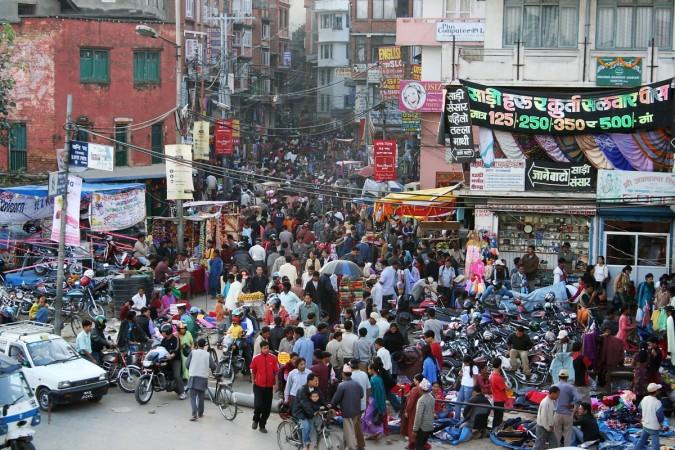
China is a step ahead of India when it comes to portraying its grip on Doklam doppelganger Dharchula, which is located in Western Nepal and acts as another tri-junction spot between India and China. China has invested a lot more than India to make a cultural impact in Nepal.
Three years ago, China overtook India as the biggest foreign direct investor in Nepal by bagging multiple hydropower projects. China has invested in as many as 125 projects of the 341 that Nepal houses in total, while India owns only 23.
At the Nepal investment Summit in March, China chipped in more than India in FDI for the Fiscal year 2017. China had been the biggest pledgers investing 8.2 billion dollars amongst the total pledges from the other seven countries that added up to 13.52 billion dollars.
Many private Chinese businessmen moved to Nepal and have been buying and leasing properties in tourist hubs of Pokhara and Kathmandu. As many as one lakh Chinese tourists visit Pokhara alone, according to tourism office at Kaski district.
Such sound initiatives by the Chinese counterpart are bound to fan anti-India feeling amongst the Nepalese locals.
About Dharchula
The town is bifurcated across India and Nepal by the river Kali and is located at the tri junction of India, Nepal and China. Further, the bridge over the river connects Nepal to the Kumaon region in Uttarakhand. Dharchula is an important pit stop in the old Tibet-India-Nepal trade route.
This was all before China occupied Tibet in 1950. Followed by multiple democratic protests, the monarchy in Nepal fell in 2006.
Chinese invest to strengthen social ties
China has pegged some of the biggest projects, be it the construction of Pokhara International Airport or several hydroelectric projects. But many Chinese companies who had initially accepted the projects had backed out after they saw the escalating cost which prevented them from fulfilling the contractual obligation.

China constructed the Pokhara International Airport in NepalCreative Commons
The Melamchi Water Supply Project – a joint venture by China Railway 15th Bureau Group and China CMIIC Engineering and Construction Corp failed after one of the guarantors said that Nepalese market was immature and the government's procurement law insisted on accepting the lowest bid.
Chinese companies have had the problem of language barrier. They have always depended on Nepalese middlemen during the bidding for the projects.
Trade and investment consultant Sanjeev Sankhya, who helps Chinese government hold negotiations with Nepal, pointed out that the Chinese are investing a lot to clear the problem of the language barrier and that they take it seriously.
China – the key for Nepal's development?
China has been infiltrating Tibetan groups in Nepal by issuing them Chinese passports and protecting them during legal dealings with Nepalese authorities.
According to a May 2017 World Bank report, the country had halved in poverty rate in 7 years and witnessed a drastic decline in income inequality.

The report further mentions the place has had the best monsoons in the recent years and that helped in boosting the rice production from 4.2 million tonnes a year ago to 5.2 million tonnes.
After the earthquake, the reconstruction activities have been picking up pace including substantial improvement in the tourism sector.
Recently, the Chinese government had even constructed Nepal's parliamentary arm in Kathmandu, according to a Economic Times report.









!['Had denied Housefull franchise as they wanted me to wear a bikini': Tia Bajpai on turning down bold scripts [Exclusive]](https://data1.ibtimes.co.in/en/full/806605/had-denied-housefull-franchise-they-wanted-me-wear-bikini-tia-bajpai-turning-down-bold.png?w=220&h=138)



